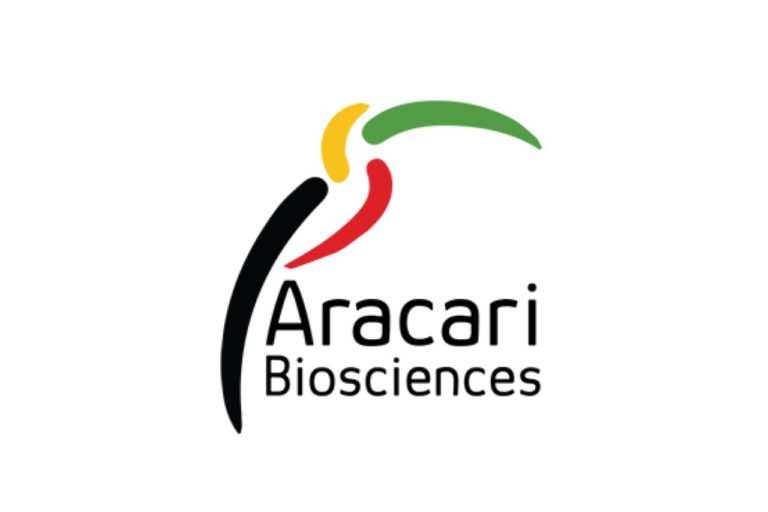IRVINE, Calif., Apr 8, 2022 — Aracari Biosciences, Inc. (“Aracari”) announced that it has received a grant from the National Institute of Health to further develop Aracari’s proprietary human bone marrow technology that models in vivo drug responses.
The most common adverse drug effect on the human bone marrow is compromised production of neutrophils, which is manifested clinically as neutropenia. The Aracari human bone marrow model (“VMBM”) has the unique ability to reproduce the bone marrow microenviroment and show neutrophils exiting the bone marrow and entering the peripheral blood circulation, thereby modeling the clinical signs of neutropenia.
Using small animals to model the human bone marrow’s response to chemotherapies or other drugs is resource intensive and can be misleading due to fundamental differences in leukocyte biology between humans and rodents. For example, neutrophils normally comprise 75%-90% of the leukocyte population in human peripheral blood, but only 10%-25% in mice.
“We are very excited that NIH recognizes the power of Aracari’s bone marrow model to predict human responses to the wide array of drugs that either inhibit or stimulate human bone marrow,” says Dr. Steve George, a scientific founder of Aracari.
About Aracari Biosciences, Inc.
Aracari’s mission is to accelerate drug development and tailor treatments to individual patients by using the greater accuracy of its microphysiological platforms to predict drug reactions in humans.
Aracari’s 3D Vascularized Micro-Organ and Micro-Tumor platforms incorporate living, perfused human vasculature to deliver nutrients, drugs and immune cells into the microenvironment of multiple tissue and tumor types, just as they are delivered in the human body. Aracari’s powerful next-generation tools already are advancing discovery in immuno-oncology therapies and drug development.
Contact
Ming-I Huang
CEO
ming-i.huang@aracaribio.com


